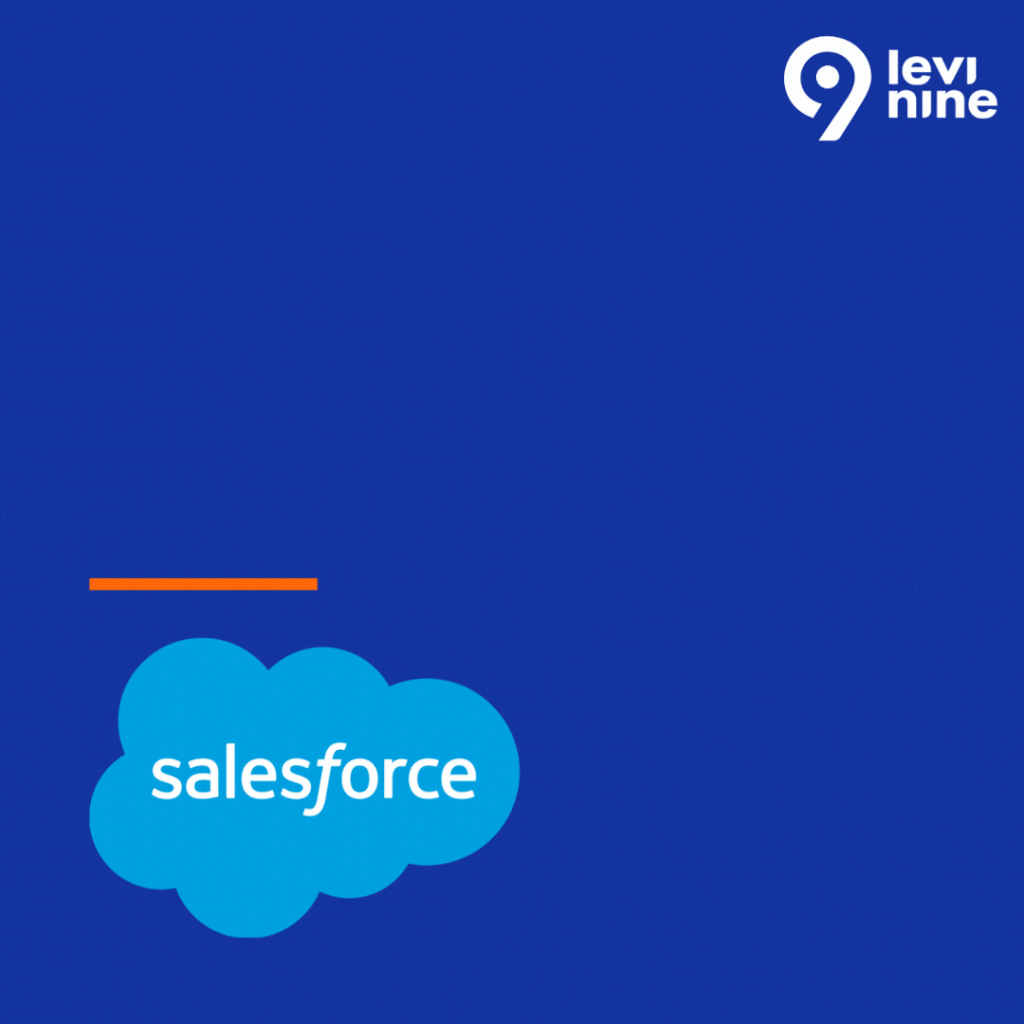The Cloud: A Step Forward for Every Business
In an era where digitalization is transforming businesses, the cloud remains a crucial driver of innovation and growth. At Levi9, they see this daily in practice, with 90% of their operations now cloud-native. However, some companies still struggle with where to start to maximize the benefits of the cloud. For many, the cloud seems abstract and complex, leading them to keep their IT infrastructure in-house. This hesitation can result in missed opportunities in scalability, security, cost savings, flexibility, and continuous innovation.
The Power of the Cloud
Cloud technology offers an unparalleled range of possibilities for businesses of all sizes. It allows companies to operate flexibly and respond quickly to changing market conditions. Companies no longer need to purchase servers and can easily scale up or down as needed. “The cloud provides access to the latest innovations without companies having to invest in complex IT infrastructure,” says Angelina Best, CEO of Levi9 and member of the advisory board of NLdigital, a collective of over 600 companies driving the digital transformation of Dutch businesses.
With technology service provider Levi9, Best works daily to maximize the impact of technology for clients, specializing in developing unique software and digital solutions. Levi9 has over 1,200 engineers working with clients from Serbia, Romania, and Ukraine. “In nearly 20 years, we’ve built a strong reputation thanks to a customer-centric approach and developed methods to ensure quality. This translates to an average customer satisfaction score of 9.” Best emphasizes, “We are a true partner in software development, product development, and digital strategy, helping clients achieve their business goals.”
An Accessible Cloud for Everyone
The cloud offers enormous benefits for businesses, large and small, enabling them to benefit from the highest level of innovation, as cloud providers constantly work on updates and new products. “The cloud is just as accessible for startups as it is for large companies,” says Best. This is evident in impressive results, such as with one of the Netherlands’ largest e-retailers, where the use of cloud and machine learning reduced the processing time of hundreds of product images from 12 hours to just 1.2 seconds – a 36,000-fold acceleration.
For Tinka, a fintech company, migrating to the cloud led to a 30% reduction in operational costs. Such transformative results show how the cloud helps companies work faster, more efficiently, and at lower costs without compromising security. The fact that institutions like the U.S. Department of Defense use the cloud underscores the robust security that cloud technology offers.
Cloud-Agnostic and Flexible
Levi9 distinguishes itself by adopting a cloud-agnostic approach. This means they are not tied to a specific provider but can advise and support their customers with solutions from major cloud providers like AWS. By working closely with customers and supporting them in migrating and optimizing their cloud infrastructure, Levi9 ensures that companies fully benefit from the advantages of cloud technology. For Essent Zakelijk, migrating to the cloud resulted in a 33% reduction in development time, 80% higher delivery output, and a 20% cost saving on running costs. This proves that the cloud is not only scalable but also cost-effective.
For WCC, a company that chose Levi9 for their AWS Advanced Partner status, a Proof of Concept was developed within two weeks, and the entire system was live within a year. Thanks to this solution, people worldwide can legally register their existence, as encouraged by the UN Sustainable Development Goals. Similarly, a company like Incision uses the cloud to support surgeons and their teams in the operating room. Thanks to the cloud migration, content delivery in the operating room has become thirty times faster. “These are applications that really make an impact,” emphasizes Best. “And our engineers are constantly reviewing and optimizing the IT architecture where necessary.”
The Future of AI and the Cloud
The Netherlands was one of the first countries to embrace the cloud, and the EU also sees the cloud as essential for its digitalisation goals. With the rise of AI, Angelina Best expects many changes. AI models require enormous amounts of data and computing power, something the cloud can perfectly provide. “The speed of AI development is almost incomprehensible. It is advancing so quickly that it is difficult to predict what will be needed in six months. What we do know is that the cloud provides the infrastructure to manage these innovations safely and efficiently.” Companies are increasingly looking for partners to help them with this, and Best believes that demand will only increase. A problem in the Netherlands is the shortage of qualified IT personnel, but Levi9’s 1,200 engineers have the specialized knowledge and are ready to help these companies. “Many companies don’t know where to start, and that’s where our customer-centric approach really makes a difference. I am optimistic about the future and look forward to the innovations to come,” concludes Best.









